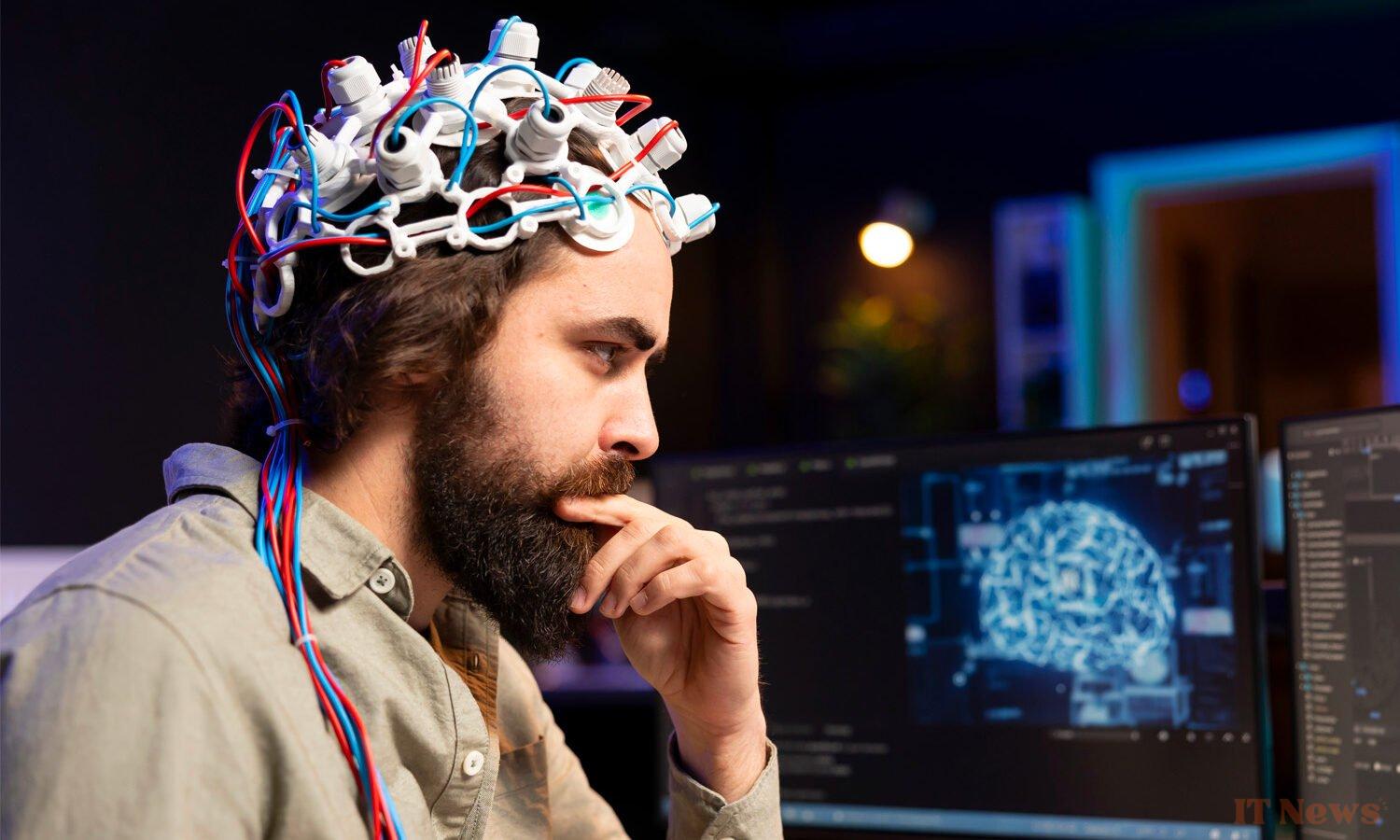What if death were no longer inevitable? Ray Kurzweil is a renowned futurist and chief engineer at Google, and he has just made a rather bold prediction: immortality could become accessible by 2030. This visionary, who has a fine track record since past predictions have often proven correct—he notably anticipated the rise of the Internet, the advent of smartphones, and the victory of a computer over a world chess champion—now envisions a future where the fusion of man and machine will allow us to surpass our biological limits.
Transforming the human condition
This perspective is based on the concept of technological singularity, a moment when advances in artificial intelligence, biotechnology, and nanotechnology will converge to radically transform the human condition. Picked up by our colleagues at JV Tech, Kurzweil explains in particular that we are approaching the “longevity escape rate” which is a threshold where medical advances will allow life expectancy to be extended by more than a year each year… thus making age-related death progressively obsolete.
Furthermore, he also imagines human-machine integration via neural implants and brain-AI interfaces that will be capable of improving cognitive abilities, saving memory and even “downloading” consciousness. Companies like Neuralink and Interfaces are already developing brain-machine interfaces, and regenerative medicine is progressing rapidly thanks to gene therapies and stem cells, which promise to treat diseases related to aging.
However, this revolution also raises major ethical, economic, and societal questions: A humanity where natural death is almost eliminated would pose considerable demographic challenges, particularly in terms of resource management and overpopulation.
On an ethical level, the possibility of transferring consciousness into a digital medium questions the very definition of identity and human life. Moreover, access to these technologies could widen inequalities, and only the wealthiest would be able to afford them. Finally, society should rethink its economic and social models such as work and retirement!
Ray Kurzweil remains a visionary with a credibility reinforced by the accuracy of his past predictions. He himself acknowledged that the singularity, the moment when artificial intelligence will reach and surpass that of humans (which has already happened in some exercises), could occur around 2045, with a key milestone in 2029 when an AI would pass a valid Turing test. To be continued.



0 Comments